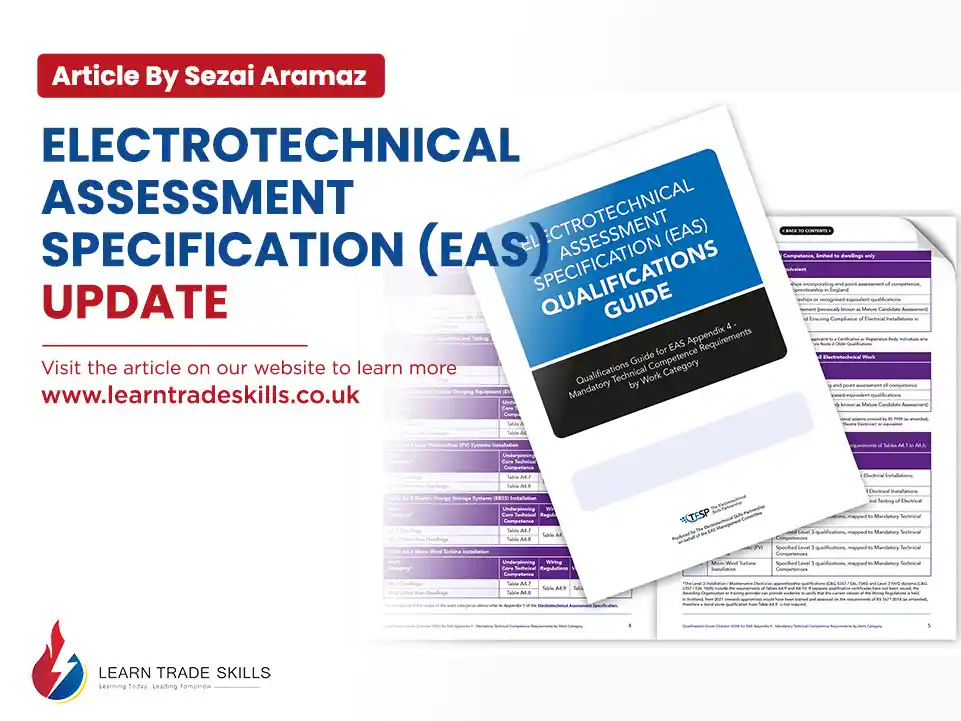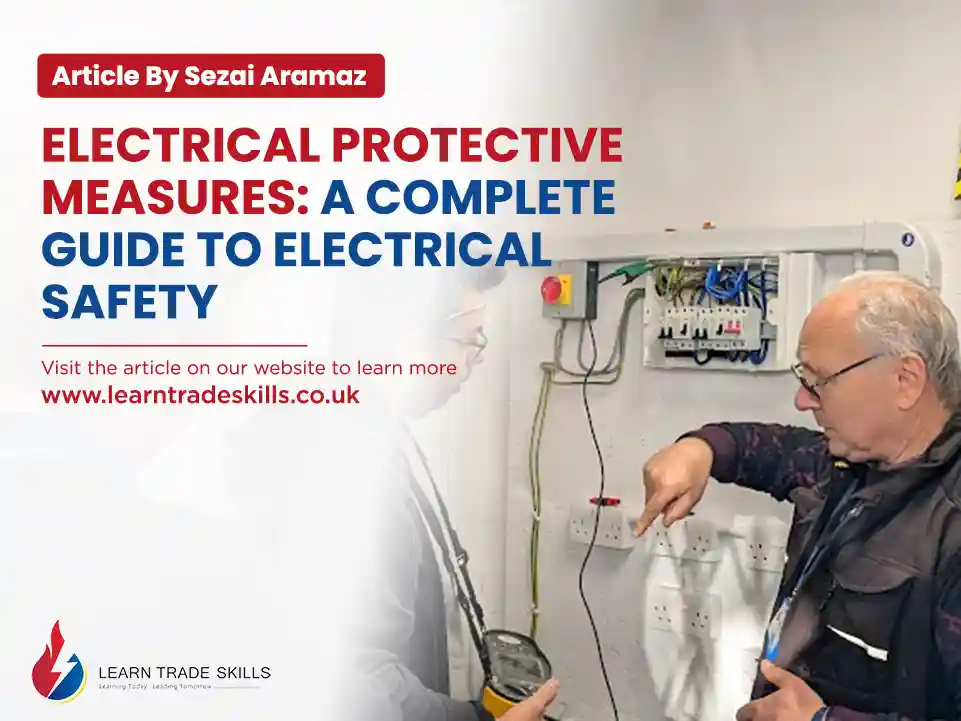

The wiring regulations, also known as BS 7671, provide the standards for electrical installations in the UK. The 18th edition, which was released in 2018, introduces several key changes that every electrician and electrical business should be aware of. Let’s delve into the details of these changes and understand their implications.
The 18th edition wiring regulations focus on enhancing electrical safety and reducing the risks associated with faulty installations. They incorporate advancements in technology, industry best practices, and lessons learned from previous editions. These regulations apply to both new installations and the modification of existing ones.
One of the significant changes in the 18th edition is the emphasis on circuit protection. The regulations now require additional protection against electric shock and fire hazards. Residual Current Devices (RCDs) have become mandatory for almost all circuits, including those supplying lighting and socket outlets. This measure provides enhanced protection against electric shock and reduces the risk of electrical fires.
To mitigate the risks of electrical fires caused by arc faults, the 18th edition introduces the use of Arc Fault Detection Devices (AFDDs). AFDDs are capable of detecting and interrupting circuits when they detect dangerous arc faults. These devices add an extra layer of protection and help prevent electrical fires caused by faulty wiring or connections.
The new regulations place a stronger emphasis on fire safety. Installations must now incorporate fire-resistant wiring systems, especially in escape routes and high-risk areas. Additionally, there are specific requirements for fire-resistant enclosures and fire barriers to prevent the spread of fire through electrical installations.
With the increasing use of sensitive electronic equipment in homes and businesses, the 18th edition introduces the requirement for surge protection devices (SPDs). SPDs protect electrical systems from power surges caused by lightning strikes or faults in the power grid. These devices safeguard equipment and prevent potential damage or downtime.
Earthing and bonding play crucial roles in electrical safety. The 18th edition includes updated requirements for earthing and bonding systems to ensure proper protection against electric shock and fire hazards. Electricians must adhere to these new standards when designing and installing electrical systems.
The 18th edition introduces changes in the inspection and testing procedures for electrical installations. It emphasises the importance of thorough inspection and testing to verify the safety and compliance of installations. Electricians must follow the updated procedures to ensure that installations meet the required standards.
Energy efficiency is a key consideration in the 18th edition wiring regulations. The new requirements promote the use of energy-efficient lighting, controls, and equipment. Electricians are encouraged to design and install systems that minimise energy wastage and contribute to a sustainable environment.
For electricians, it is crucial to stay updated with the latest wiring regulations. The 18th edition brings significant changes, and failure to comply can lead to unsafe installations and legal consequences. Regular training and continuous professional development are essential to ensure knowledge and competence in line with the new requirements.
The changes introduced in the 18th edition wiring regulations may necessitate additional training for electricians. It is essential to acquire the necessary knowledge and skills to implement the new requirements effectively. Various electrical training courses are available to help electricians upgrade their skills and obtain the relevant qualifications.
Compliance with the 18th edition wiring regulations is not only essential for electricians but also for businesses. Failure to comply can result in penalties, invalidated insurance coverage, and compromised safety. Businesses should prioritise compliance and engage qualified electricians to ensure that their installations meet the required standards.
While complying with the 18th edition wiring regulations may involve some costs and efforts, it brings several benefits for businesses and consumers alike. These regulations ensure enhanced safety, reduce the risk of electrical fires, and promote energy efficiency. Adhering to the latest standards also enhances the reputation of businesses and instils confidence in consumers.
Taking a course on the 18th edition wiring regulations offers numerous benefits for electricians and individuals working in the electrical industry. These courses provide in-depth knowledge and understanding of the updated regulations, ensuring compliance and competence in electrical installations. Let’s explore the specific advantages of enrolling in a course on the 18th edition.
The 18th edition of the wiring regulations introduces significant changes and updates that electricians and businesses must be aware of. The new requirements for electrical installations, updated safety standards, and the focus on fire protection and energy efficiency aim to improve the overall quality and safety of electrical systems. It is essential for electricians to undergo proper training and for businesses to prioritise compliance to ensure the highest level of safety and reliability in electrical installations.
Sezai Aramaz is the esteemed founder of Learn Trade Skills, boasting over 40 years of experience in the electrical industry in the UK. With two decades dedicated to educating future electricians, he served as an Electrical Installation Lecturer and Assessor. Aramaz's expertise and commitment have contributed significantly to the growth and proficiency of aspiring tradespeople in the field.



© Copyright Learn Trade Skills 2025
“Lorem ipsum dolor sit amet, consectetur adipiscing elit. Ut pretium tristique purus nec consectetur. Nulla feugiat eget tellus aliquam scelerisque. Sed eget luctus enim, sed mattis enim. Lorem ipsum dolor sit amet, consectetur adipiscing elit. Ut pretium tristique purus nec consectetur. Nulla feugiat eget tellus aliquam scelerisque. Sed eget luctus enim, sed mattis enim.Nulla feugiat eget tellus aliquam scelerisque. Sed eget luctus enim, sed mattis enim. Lorem ipsum dolor sit amet, consectetur adipiscing elit. Ut pretium tristique purus nec consectetur. Nulla feugiat eget tellus aliquam scelerisque. Sed eget luctus enim, sed mattis enim.”
William Goss
Electrician course
11/11/2024